Understanding the 2025 HHS Poverty Guidelines: What You Need to Know
Table of Contents
- Uscis Poverty Guidelines For 2024 - Image to u
- Poverty Rate 2025 - Tonie Jocelyn
- Hhs Poverty Guidelines For 2025 Uscis Payment - Sue Peake
- 2024 Poverty Guidelines Chart Uscis Case - Kaye Jorrie
- 17 U.S. Poverty Statistics to Know [February 2025 Update]
- USCIS Federal Poverty Guidelines for 2023 Immigration | Updated
- Uscis Poverty Guidelines For 2024 - Image to u
- 2025 Poverty Guidelines Chart Uscis Gov - Kimberly Underwood
- 2025 Poverty Guidelines Chart Uscis Gov - Kimberly Underwood
- Poverty Level Income 2024 Uscis - Image to u
![17 U.S. Poverty Statistics to Know [February 2025 Update]](https://scottmax.com/wp-content/uploads/2023/09/asian-american-homelessness_clipdrop-enhance.png)
The United States Courts have released the PDF 150% of the HHS Poverty Guidelines for 2025, providing a crucial benchmark for determining eligibility for various government programs and benefits. In this article, we will delve into the details of these guidelines, their significance, and how they impact individuals and families across the country.
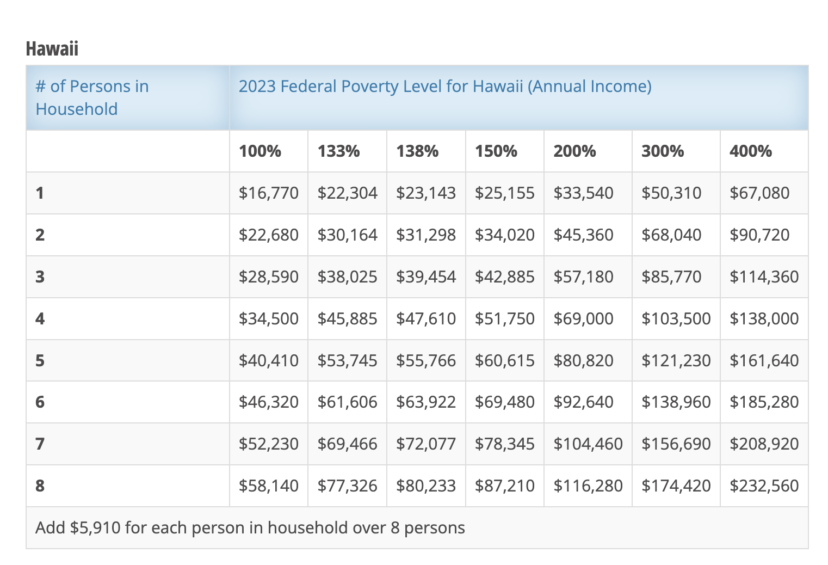
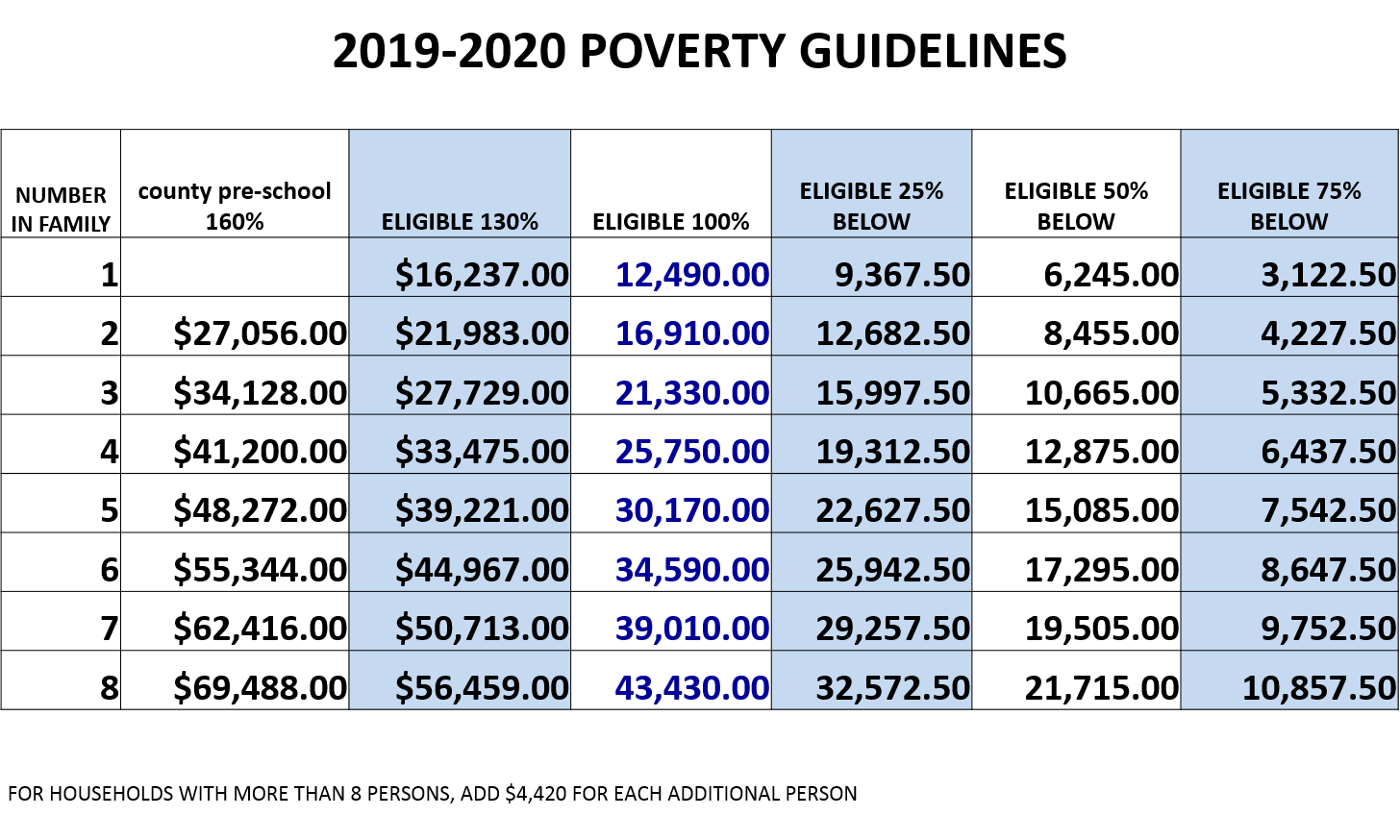
What are the HHS Poverty Guidelines?

The HHS Poverty Guidelines, also known as the Federal Poverty Guidelines, are a set of income levels issued annually by the Department of Health and Human Services (HHS). These guidelines are used to determine eligibility for various government programs, such as Medicaid, the Supplemental Nutrition Assistance Program (SNAP), and Temporary Assistance for Needy Families (TANF). The guidelines are based on the number of people in a household and the household's annual income.
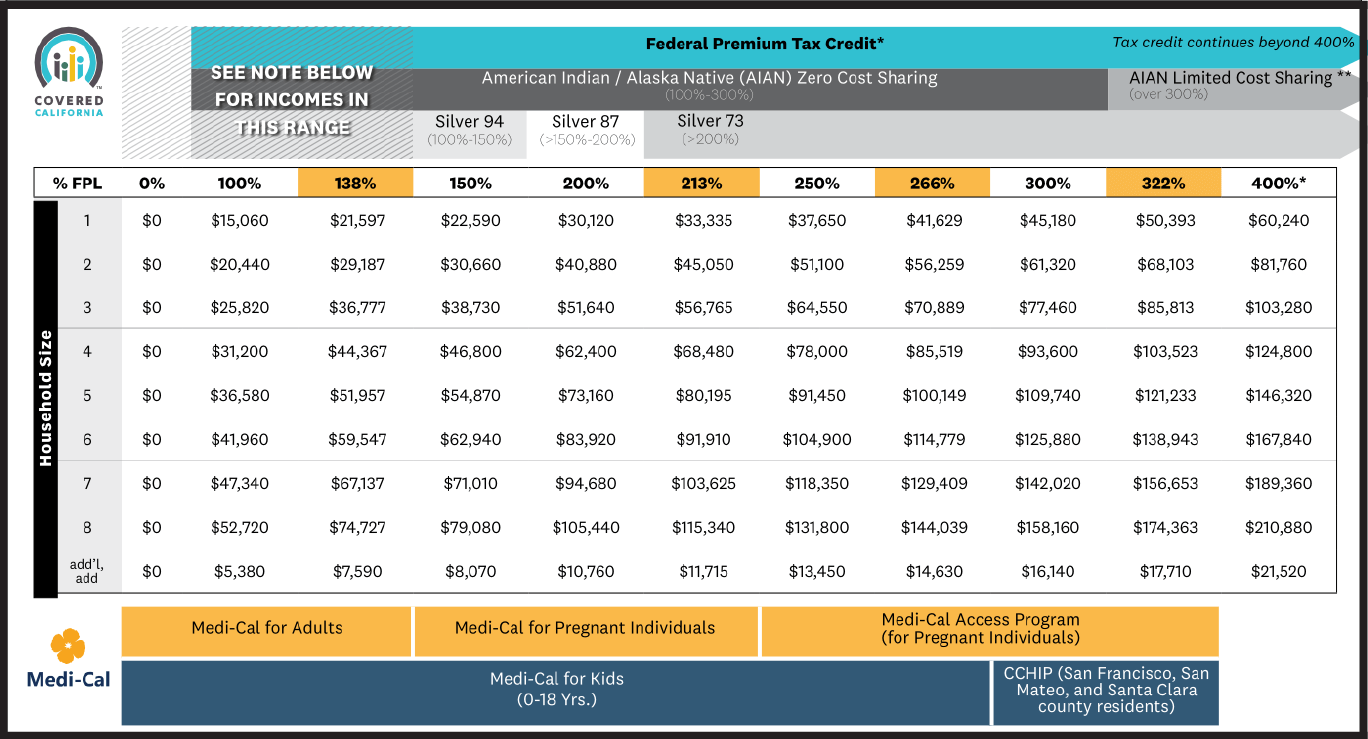
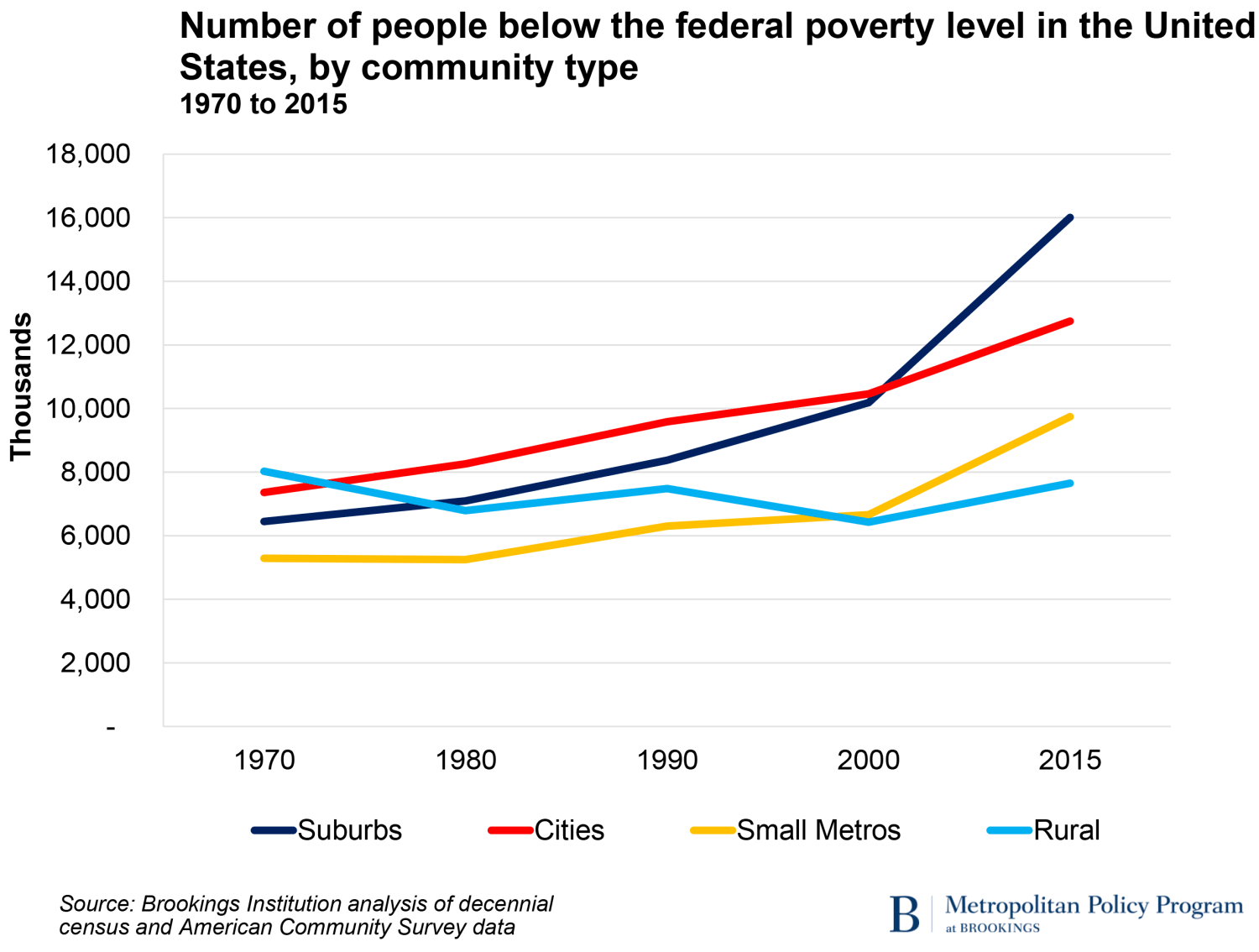
150% of the HHS Poverty Guidelines for 2025

The PDF 150% of the HHS Poverty Guidelines for 2025 provides a detailed breakdown of the income levels for households of different sizes. For example, for a single person, the 150% poverty guideline is $20,385 per year, while for a family of four, it is $41,625 per year. These income levels are used to determine eligibility for various government programs and benefits.
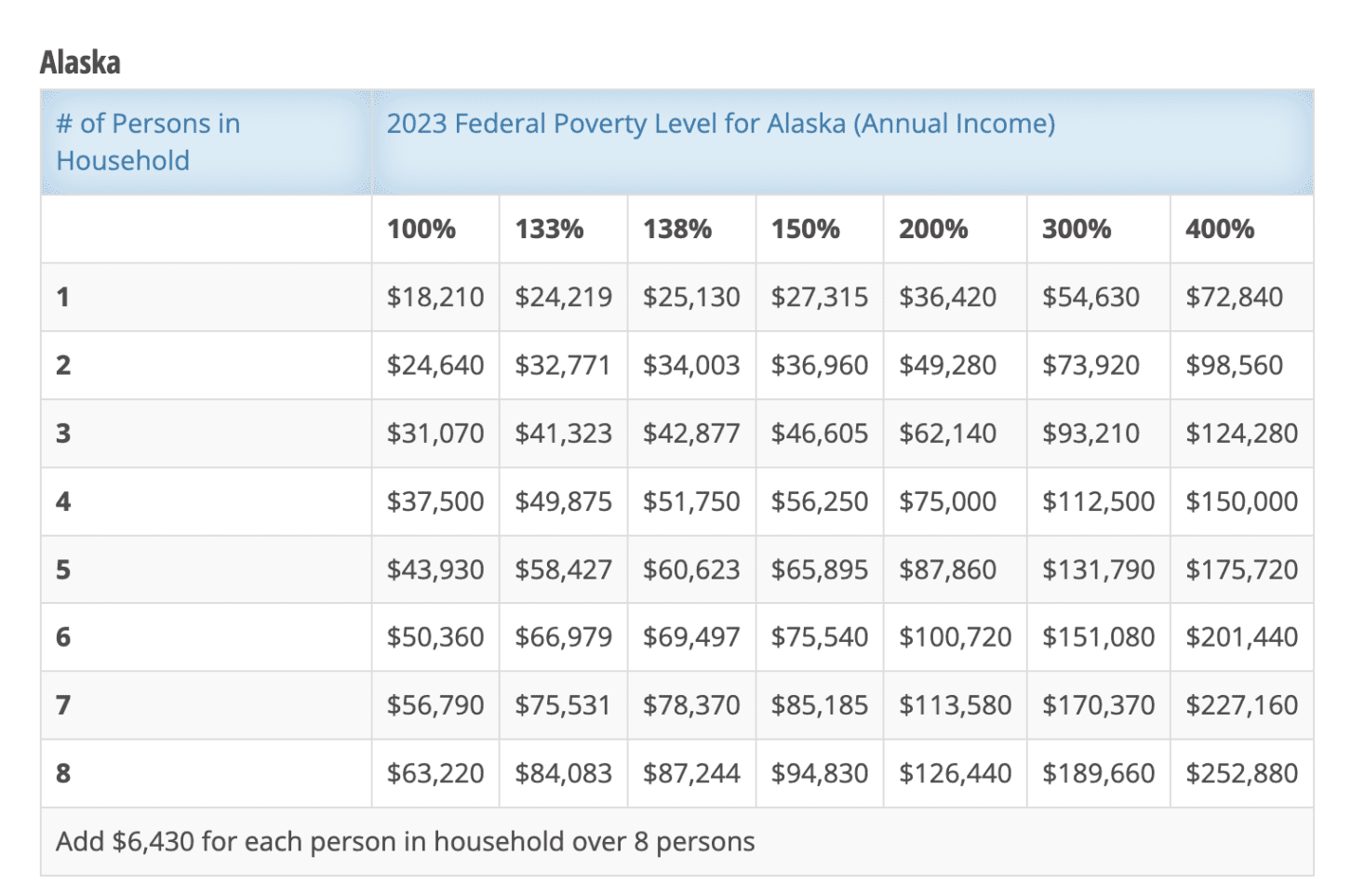
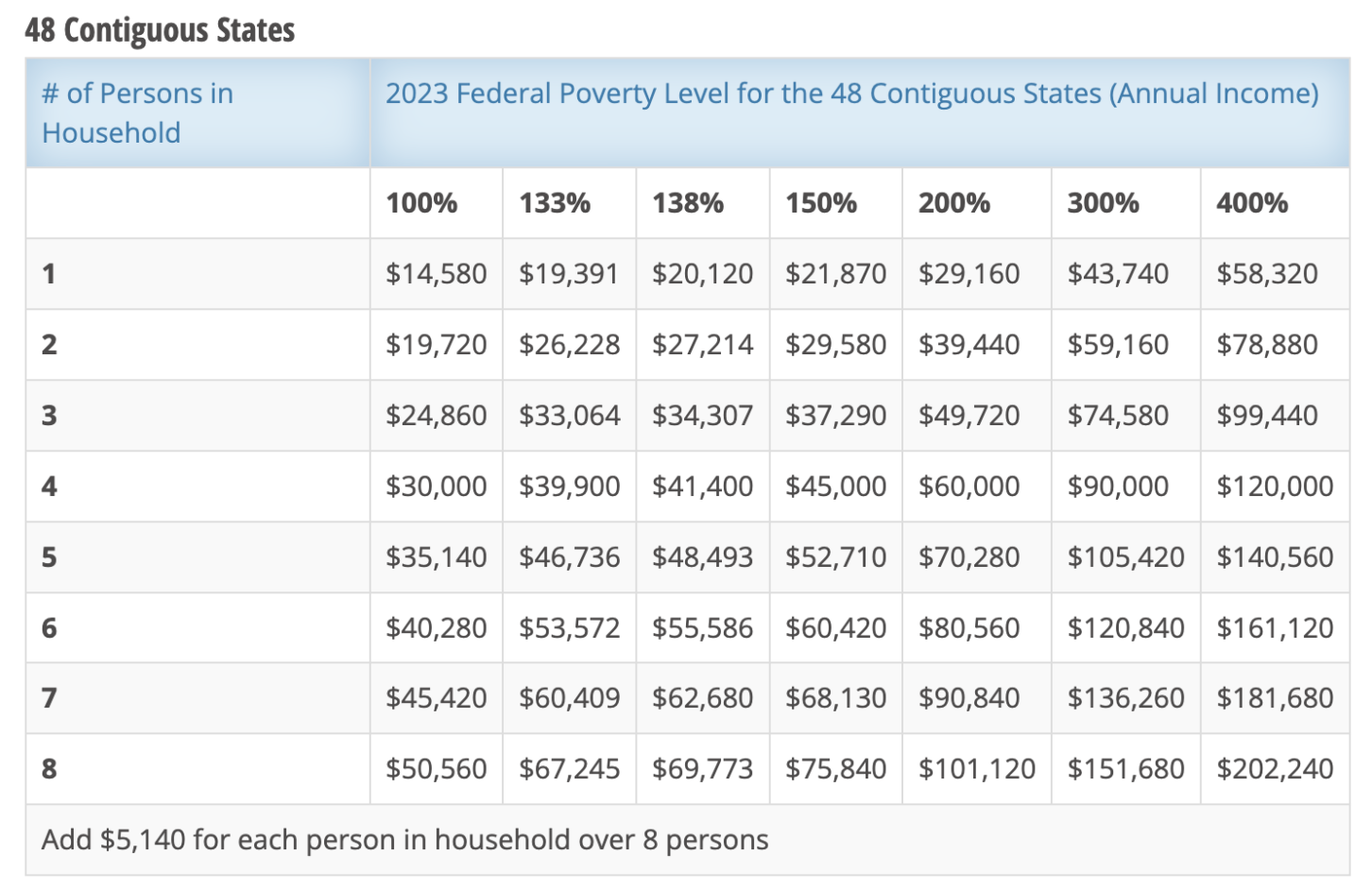
Significance of the HHS Poverty Guidelines
The HHS Poverty Guidelines play a critical role in determining eligibility for government programs and benefits. They are used to:
- Determine eligibility for Medicaid and the Children's Health Insurance Program (CHIP)
- Establish income limits for SNAP and TANF
- Set income thresholds for other government programs, such as housing assistance and energy assistance
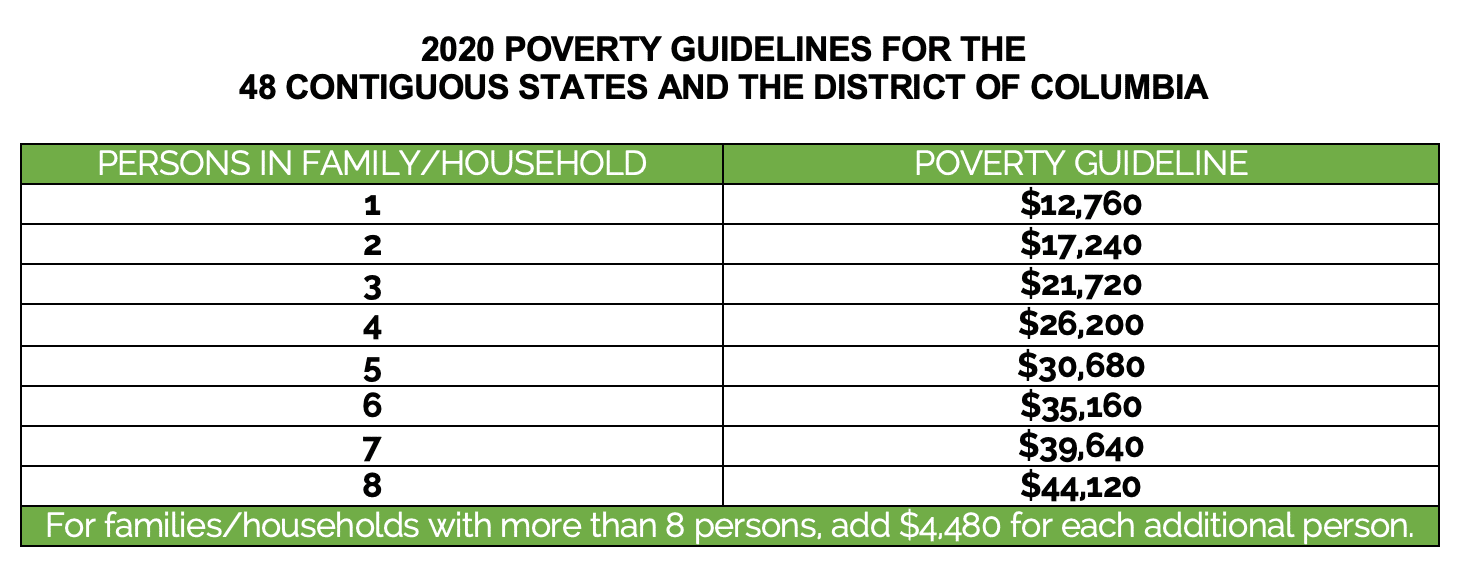
Impact on Individuals and Families
The HHS Poverty Guidelines have a significant impact on individuals and families across the United States. They determine eligibility for vital government programs and benefits that provide essential support for low-income households. By understanding the 150% of the HHS Poverty Guidelines for 2025, individuals and families can determine whether they are eligible for these programs and benefits.
In conclusion, the PDF 150% of the HHS Poverty Guidelines for 2025 provides a crucial benchmark for determining eligibility for various government programs and benefits. Understanding these guidelines is essential for individuals and families who may be eligible for these programs. By staying informed about the HHS Poverty Guidelines, individuals and families can access the support they need to improve their economic stability and overall well-being.
For more information on the HHS Poverty Guidelines and how they apply to you, visit the United States Courts website or consult with a qualified social services professional.
Key Takeaways:
- The HHS Poverty Guidelines are used to determine eligibility for government programs and benefits
- The 150% of the HHS Poverty Guidelines for 2025 provides a detailed breakdown of income levels for households of different sizes
- Understanding the HHS Poverty Guidelines is essential for individuals and families who may be eligible for government programs and benefits
References:
- United States Courts. (2025). PDF 150% of the HHS Poverty Guidelines for 2025
- Department of Health and Human Services. (2025). HHS Poverty Guidelines